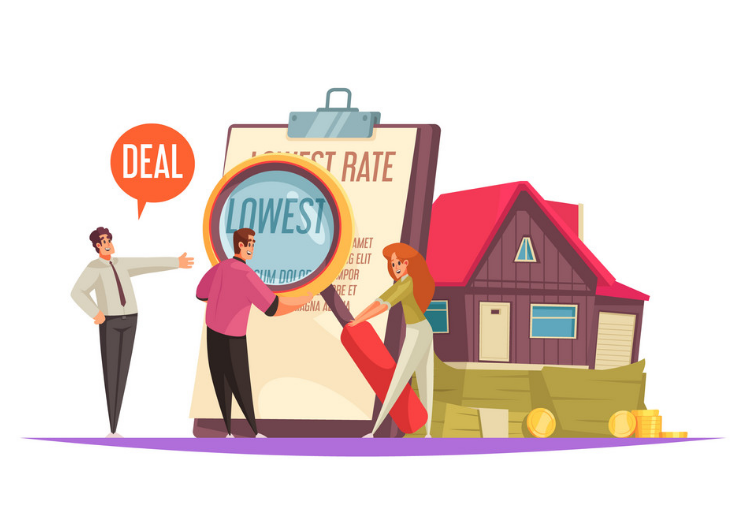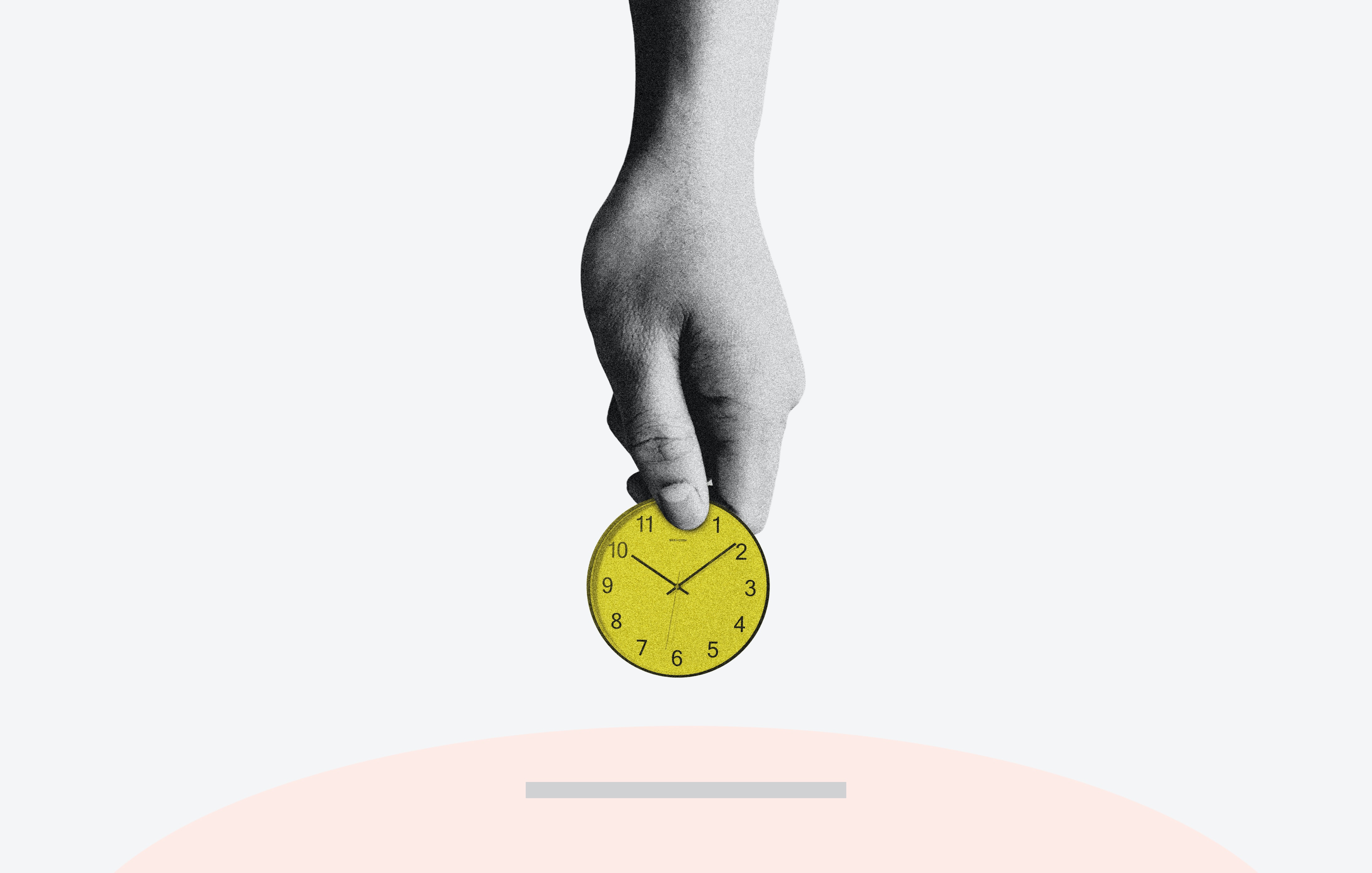When you miss paying your Loan EMI in UAE
and do not clear your outstanding due within the due period, you are considered a defaulter and Defaulting on a scheduled repayment could have repercussions.
Every bank and lenders has its own terms and conditions when it comes to non-payment of loan EMis. Continue reading to find out what happens if you miss the monthly payment of your loan…
[toc]What are the two categories of loan defaults?
According to most banks and financial institutions, personal loan payment defaults are classified into two categories:
-
Major defaults –
Major payment defaults are those where the borrower has not made a payment in more than 90 days. Most financial institutions avoid offering loans to individuals who have major payment defaults in their credit report. When somebody has payments pending for more than 90 days, the loan account is marked under the Non-Performing Assets (NPA) group.
-
Minor defaults –
Minor payment defaults are the loan accounts in which the non-payment is less than 90 days. Borrowers who have minor defaults against their loan account can recover from the negative impact that it has on their credit score.
What are the consequences of missing a loan EMI payments?
Here are a few consequences of missing your personal loan EMI payments:
-
Impact on your credit score
All your financial transactions related to your debts are recorded in your credit report. Payment details, such as date and amount of EMIs, are included in the credit report and decide your credit score. All your overdue payments or non-payments are factors that harm your credit score. Missing even one payment could decrease your credit score. With a poor credit history, it becomes exceedingly difficult to obtain loans in the future.
-
Low creditworthiness for future borrowing
When you apply for any loan, the lender carefully checks your credit report and score to get an idea about your financial stability and assesses the risk involved in providing a loan to you. A low credit score makes lenders hesitate in lending you money. Even if they decide to make an exception, they will probably loan you a smaller amount than you asked for and may charge you higher interest.
-
Additional penalties and fees
Late payment or non-payment of an EMI may result in you have to pay additional fees and charges to the lender. For example, if you make a payment towards your EMI after the due date or within a grace period, you shall need to pay the ‘late payment’ fees. If you delay the payment even more and become a defaulter, you can be charged additionally on the unpaid amount.
-
Recovery agents
As a last resort, banks and financial institutions sometimes send agents to recover the loan amount when the default period has extended beyond 90 days. The bank issues a 60-day notice to the borrower before the loan account is tagged as an NPA. This is a situation that is best avoided since it can be quite stressful.
How can you avoid loan defaults?
While loan defaults should be avoided at all costs, there are a few methods that can be employed when the situation does arise. In most cases, borrowers tend to have prior knowledge of whether or not they would be able to make the upcoming EMI payments. The following are options that the borrower can consider.
-
Plan finances better
In order to preemptively prevent chances of defaulting on a loan, it is advisable that borrowers plan their finances more efficiently.
-
Request for a lower EMI
If you foresee the possibility of defaulting on a loan payment, you should approach the bank and inform them of your financial circumstances and request for a lower EMI. Banks usually lower EMIs by either extending the existing loan tenure or converting an unsecured loan to a secured loan. In cases where the loan is converted to a secured loan, the interest payable on the amount borrowed is also lower. Of the 2 options, converting an unsecured loan to a secured loan is ideal because the reduction in EMIs is significant when compared to extending loan tenures. Moreover, very few banks permit extension of loan tenures.
-
Part payments
Part payments are also a good way to lower the EMI payments and the interest rate. It is also a preemptive method of ensuring that the borrower is capable of making EMI payments for the entire loan tenure. When the borrower has surplus funds and an active personal loan, making a part payment can ease the financial burden.
-
Request for an EMI-free period
In cases of a break in the flow of income, the borrower can approach the bank and request for an EMI-free period. Banks often pay attention to such requests made by customers when they lose their job or temporarily stop their business operations. The bank gives customers a 3 to 6-month waiver on EMI payments, after which the borrower must resume EMI payments.
Every form of debt comes with risk as well as responsibility. One must ascertain the consequences of defaulting before borrowing. It is important to stay disciplined when it comes to payments of EMI in order to maintain a healthy credit history. This allows you the financial freedom to enjoy your life to the fullest.


